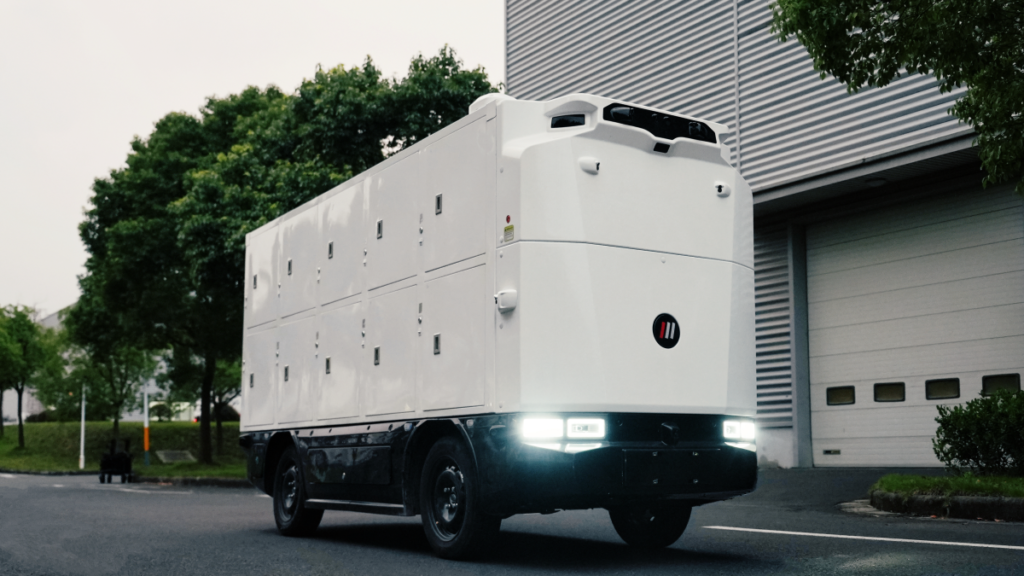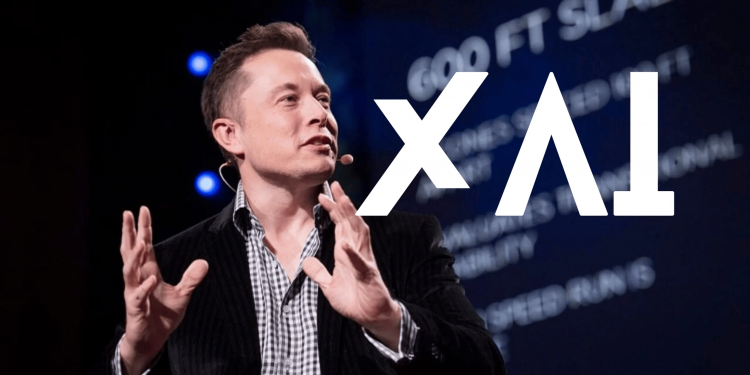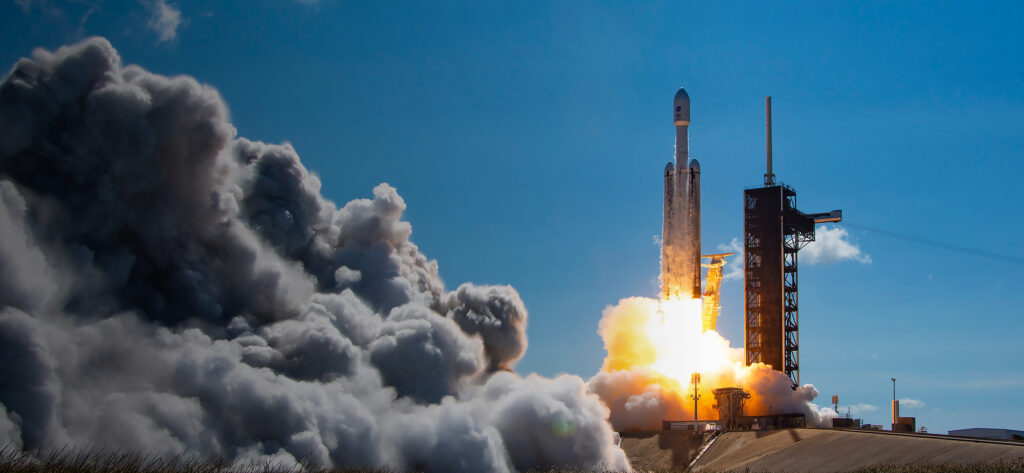Good: Robomart Unveils Delivery Robot with $3 Flat Fee to Challenge DoorDash, Uber Eats

What it is:
Robomart, a robotics startup based in Los Angeles, introduced its newest autonomous delivery vehicle—the RM5. Designed for on-demand retail delivery, the RM5 can carry up to 500 pounds across ten secure lockers, allowing multiple orders to be delivered simultaneously. The company’s business model charges a $3 flat fee, positioning itself as a more affordable and efficient alternative to traditional delivery apps like DoorDash and Uber Eats. Robomart partners with retailers to deploy branded mobile storefronts directly to consumers via their app.
What it will do:
- Potential disruption to gig-based delivery: Flat‑fee robotic delivery could undercut traditional variable-fee models, challenging incumbents in food and grocery delivery.
- Scalability in urban markets: The high payload capacity and batching logistics of the RM5 suggest strong operational advantages in dense areas.
How you can benefit:
- Long‑term SaaS partnerships: Robomart’s white-label model hints at recurring revenue potential if retailers expand their fleets via subscription.
- Robotics & automation exposure: Venture or private equity investors targeting automation have a strong candidate in Robomart, especially given its retail partnerships.
Bad: Musk’s xAI Sues Apple and OpenAI Over Alleged AI Arrangement on iPhones

What it is:
Elon Musk’s AI company xAI filed an antitrust lawsuit against Apple and OpenAI, claiming they conspired to suppress competition from xAI’s products—like the Grok chatbot—by favoring OpenAI’s ChatGPT on the iPhone App Store. The lawsuit, filed in Texas, argues that Apple’s integration of ChatGPT across iOS devices limits visibility and accessibility for competitors, constituting an anti-competitive monopoly. Apple dismisses the claims and maintains its App Store operates on objective criteria.
What it will do:
- Legal and regulatory fallout: If successful or influential, the suit could pressure Apple to revise App Store policies affecting AI app visibility and rankings.
- Antitrust scrutiny intensifies: Reflecting broader concerns over platform governance, this lawsuit adds to existing investigations into tech giants.
- Strategic realignments: Developers and AI competitors may better negotiate App Store terms or push for alternative distribution models (e.g., web apps).
How you can benefit:
- Platform risk assessment: Investors in Apple should monitor legal developments, as adverse outcomes could affect services revenue.
- AI app ecosystem dynamics: Firms distributing AI through App Store dependencies (like ChatGPT or Grok) may need to diversify distribution strategies, affecting growth pathways.
Ugly: SpaceX Prepares Starship Flight 10 to Reach Reusability Milestones

What it is:
SpaceX is preparing for the tenth test flight of its colossal reusable rocket, the Starship, from its Texas launchpad. The launch aims to test several hard-to-nail milestones: Super Heavy booster separation, a soft splashdown in the Gulf, Starship engine relight, deployment of dummy Starlink satellites, and intense reentry maneuvers utilizing new heat shield tiles and steering flaps. Past attempts have repeatedly failed, including explosions and structural breaks.
What it will do:
- NASA & investor scrutiny: Upcoming missions like Artemis depend on Starship; delays or failures raise program-level risks and delay downstream deployment.
How you can benefit:
- Space-sector exposure: Public contractors (e.g., Lockheed Martin, Northrop Grumman) may see opportunity if SpaceX falters and NASA pivots to alternate launch systems.
- Supply chain suppliers: Vendors producing heat-shielding, Raptor parts, or rocket-grade materials may experience upside if Starship scales.





